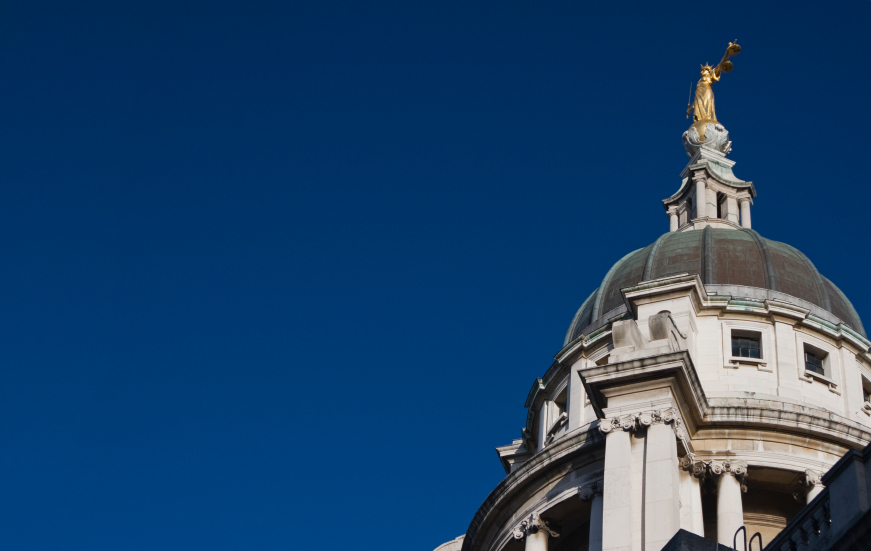The CPS have introduced a digital consent form in criminal investigations that will be given to those who allege they are the victims of crime. On it they will be warned that if they refuse to surrender phones, or try to prevent information being shared, it may not be possible for the investigation or prosecutions to continue.
It has caused provocative headlines in the media, particularly as those who report sexual offences and domestic violence allegations are the ones more likely to be given the forms and warnings. Headlines suggest that if rape victims don’t handover all of their data to police, they won’t see the culprit prosecuted. The debate inevitably seems polarised between those who want to see victims of crime treated with respect and fear genuine victims will not coming forward, and those who have been on the end of false allegations which has led to their lives being turned upside down.
Three important facts can be gleamed from the headlines. Firstly, that we keep a lot of precious, personal and sensitive information about ourselves on a small handheld device. Secondly, how uncertain people are about how the justice system deals with digital information that is handed over. Finally, how the balance between the rights of those who are alleged victims of crime and the right to a fair trial for those accused needs constant attention.
How can phone data be used?
The state has a duty to investigate and prosecute a criminal offence fairly. For many offences it might be considered a reasonable line of enquiry for the police to look at digital data in the hands of a person alleging a crime has been committed. The data might provide evidence the prosecution wish to rely on to prove their case. Or, it might demonstrate no crime was committed or it undermine the credibility of the allegation.
If the digital data is reviewed and not used by the prosecution, any person charged with a crime might never get to see it. The defence will only be alerted to it if the nature of it is considered reasonably capable of undermining the case for the prosecution or assisting the accused’s case. Even then, only digital material that meets the test will be disclosed.
Thisis, in fact, the position for all criminal prosecutions and is not limited to sexual offences. However, the nature of sexual offences mean that often the complainant and the accused are known to each other and what happens between two people in a private setting will have no witnesses. So, evidence of communication between them can become important because credibility and reliability of the accounts given become central to the case.
The right to a fair trial is crucial. It also has to be acknowledged that for anyone who has reported a crime, it could be a terrifying experience, to face a process where your private life is scrutinised and then personal information is given to someone who has already violated your privacy. But the system has to balance a person’s privacy and another’s right to a fair trial. Investigations by police shouldn’t be speculative and the CPS, whilst being expected to not shirk in their duties of disclosure, are not expected to simply hand everything to the defence without scrutiny.
Digital data is an issue the justice system is grappling with. The volume of information contained in a small device can be vast. How that data can be safely, securely and promptly downloaded is key. Defendants and complainants already face huge delays in getting their devices back. There have also been delays in the time it’s taken for proper reviews of the material.
As provocative as the recent headlines are, they to some extent useful because it helps spark a much-needed debate about the criminal justice system. Everyone has the same goal which is fairness.
It’s always easy for lawyers to wade in with opinions but it’s not just their system, it’s the public’s and they must be part of the debate. They must also understand how it works so they have confidence in it. It’s also in the power of the public to decide what resources we are willing to put into the system we want.
Last week, Lady Justice Hallett, vice president of the criminal division of the Court of Appeal, was quoted as saying, there should be greater recognition of the importance of criminal lawyers and if the system is left to fail, the UK can’t boast of the quality of its justice. The Law Society launched a petition, calling on the government for increased investment in the criminal justice system. If the leading bodies who guard the justice system are saying it needs greater resources, it does. When it starts to fall apart it’s not just our international reputation that is at stake. A very human tragedy will unfold, it might be for one person who you’ll never know but it will be everything to them.







